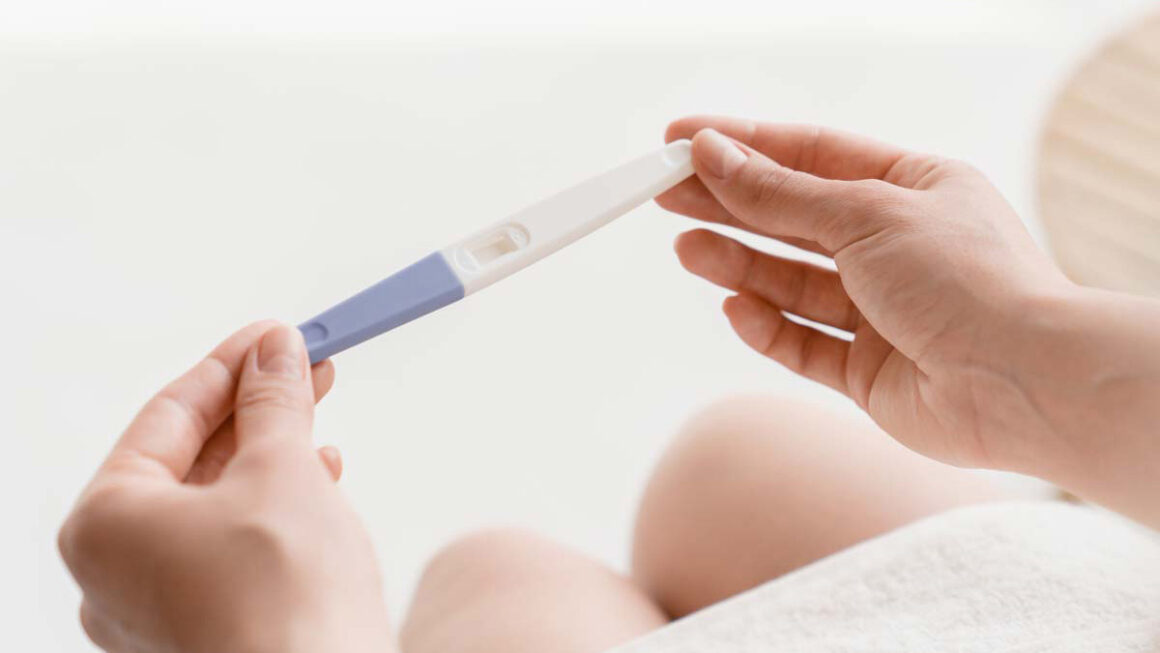Unexplained infertility is a condition in which the cause of the inability to have a child cannot be fully determined despite the current investigations in the field. Unexplained infertility is present in 10% of infertile couples.
If the expectant mother is young and has a good ovarian reserve, healthy lifestyle changes are recommended. In this process, the couple should stay away from stress, eat a health diet, exercise regularly and quit bad habits such as smoking and alcohol, if any. It is recommended to try to conceive naturally with regular, unprotected sexual intercourse for one year. If pregnancy does not occur during this period, ovulation induction and insemination can be applied for three months. If pregnancy cannot be achieved with these procedures, in vitro fertilisation (IVF) treatment can be started.
If the expectant mother is over 35 years of age or if the egg reserve is reduced, IVF treatment can be started without losing time.



Leave a Reply
You must be logged in to post a comment.